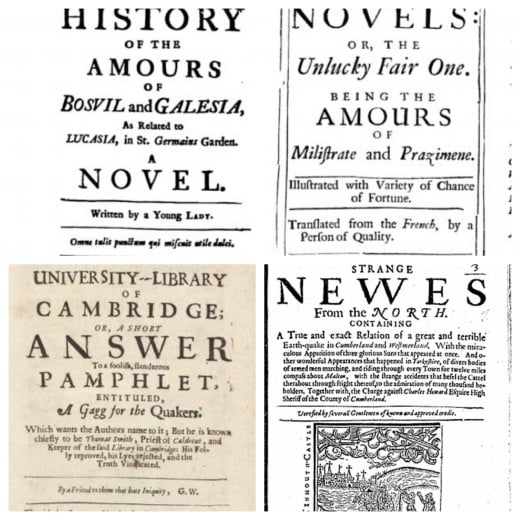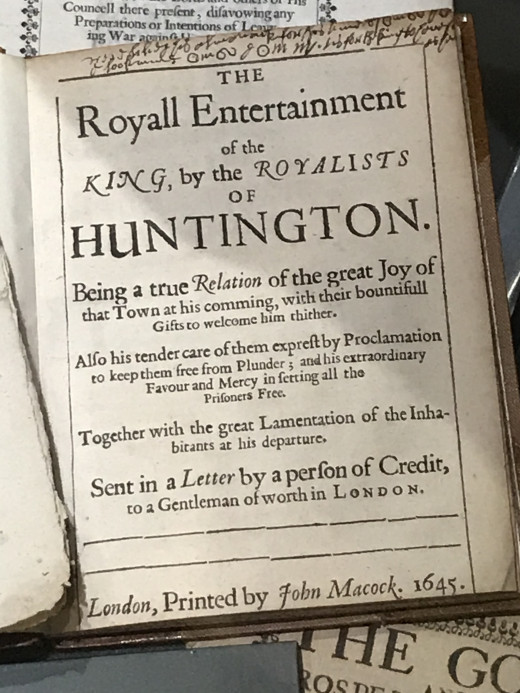A Perfon of Credit (About the Author)
Give them a second chance to hide themselves

Ideally, your public image should be the same as your private self, but if in doubt, keep your credentials to yourself.
In episode 87 of 176 (S4 E14) of Star Trek, The Next Generation (1991, “Clues”), the android Data begins to act strangely with regards to a ship blackout (more or less everybody loses consciousness) caused by a trip through a worm hole. When things just don’t add up anymore, the captain discovers that Data’s suspicious behaviour is simply to protect the crew from an advanced in-corporeal (they have no body) civilisation that don’t want the crew to find out that they actually exist. If the crew detect their existence, they are (apparently) so shy or paranoid about their privacy that they’d destroy those individuals who grasp that they actually exist (the whole ship is in danger of destruction). By the end of the episode, the captain discusses the situation with the civilization and tells them to re-create the same conditions, black them out once more, give them a second chance to forget the identity of these mysterious beings, so there may be a permanent amnesia that any such creatures exist … Do you ever want to disappear like that and simply not exist?
While answering questions off a prominent question and answer platform, I’m constantly told to upgrade my credentials. In other words, create a more explicit “about the author” section. If people understand that I’m an expert and a qualified big wig, why, that would enhance my output and increase the credibility of anything I have to say. It is the same on this particular platform. But like the incorporeal civilization on Clues (incidentally, many Star Trek ideas came from Buddhism, and Buddhist cosmology has a lot of room for Formless Beings), there are profound dangers to revealing certain personal details, especially if they relate to sexuality or politics that could be used against you at a time when powerful search engines like Google, probably have more data on you than you have yourself.
This especially applies historically, when kings and dictators were in charge as in modern day China (writing in 2020 when big brother Chinese Communist Party is always watching you). Say something against your boss and prepare to get killed. It is for this reason that journalists often hide the identities of their informants, or pretend to do so, if expressing their own news “I always hide my informants/ they wish to remain anonymous”. There have been explicit books about psychological healing – Virginia Axline wrote Dibs about a young boy who eventually grows up normal and happy after a troubled childhood. But his name was not Dibs and she was exercising client confidentiality like any good therapist/journalist.
Many famous documents from the ancient world were written anonymously. We will never know who actually wrote the gospels attributed to Mark, Matthew, Luke & John, written in Greek by educated writers unlike Jesus’s Jewish disciples who were not Greeks ... we know this as copies close to the originals don’t have those titular attributions placed later.
When in the UK, pamphlets against King Charles started appearing before his eventual execution by supporters of Oliver Cromwell, they were authored by anonymous propagandists with references like: “written by a perfon of credit” (the f was actually an s, but that was a quirk in 17th century typesetting). In other words, written by someone who was respectable who could actually write and was educated, when most peasants couldn’t read. Benjamin Franklin also styled himself as Mrs Silence Dogood to create a correspondent for the New-England Courant. Notice, he didn’t leap about and say – written by one of the editors and a future Founding Father of the USA. Simply a nobody called Mrs Silence Dogood. Many submissions such as letters in 17th and 18th century periodicals and pamphlets such as The Spectator (by Addison & Steele - a precursor to Mrs Silence Dogood) were anonymous with author attributions such as "Altamira, T, X, L, Pill Garlick, Your moft humble, & moft obedient servant" among other concoctions with many a repeated nom-de-plume, perhaps recognisable to readers in the know.
The problem with concealing an identity, apart from it often being fictitious (the Bronte sisters published their most famous novels under male author names initially) is that people can’t take you seriously and this affects your non-existent reputation that means you get no recognition and not much payment. Any half-baked expert or commentator who appears in front of a camera with very few qualifications, is often set up to become a celebrity with a very good salary to boot. Such people are often not shy but extrovert and don’t give a hoot about what others think of them and blag their way to stardom and great wealth. They may, at any rate create a persona and a bunch of credentials that are not true and their reputation may be undeserved.
If you want to be successful, do you go explicit or do you hide, maybe holding a judicious bunch of cards that you reveal only to some people at certain times? Full disclosure? Anything to support your claims?
I can type at 50 WPM at least – of that at least, I am quite proud. I obviously have a lot to say like Anne Frank, a chatterbox, silenced by the Nazis. I’m well educated – I have a PhD incorporating three science degrees from major UK universities. I’m bilingual & hoping to be trilingual. I have an immense library to consult from and a better than average memory - but a lot of this, came from my parents and teachers. However, I’m often depressed and lonely. Is that good enough for – about the author section? As Douglas Adam’s described himself for his sequel to The Hitchhiker’s Guide to the Galaxy, The Restaurant at the end of the Universe: “He is not married, has no children and does not live in Surrey.”
Clearly, I’m shy like the alien race in Clues and no, don’t want to be found out. Reputation? Me? I’m mostly a nobody and will be dead soon anyway. Even the great Buddha was often quite modest, but then – he was fully enlightened (at least compared to most others) and needed nothing from society except that a few smart people may pay some attention to his useful advice. And then there was Socrates who stood by his beliefs and drank the cup of hemlock as an example to the world, even when the Greek government gave him an escape route and recant some of his arguments on free speech. That’s real integrity (there is a similar example with Lady Jane Grey who refused on pain of death to become a Catholic).
About the author? When two nuns in a car were attacked by a vampire, one said to the other “show him your cross!” so she promptly screamed “why don’t you just f*** off!”. Clearly, she misunderstood. So – about my credentials? Hopefully written by a “perfon of credit” but, if you find this interesting and informative, that’s good enough. I don’t need to know too much before I can work out whether to take an unknown source seriously enough. Suffice to say, I do a little background reading, or feel strongly about the subject. But apart from that, I (like many others on social media) am content to show you my cross.
Anonymous submissions were typical in the 17th century

Some satire is so good it’s been preserved for centuries

To reveal or not to reveal - some things just don't need defined authors




